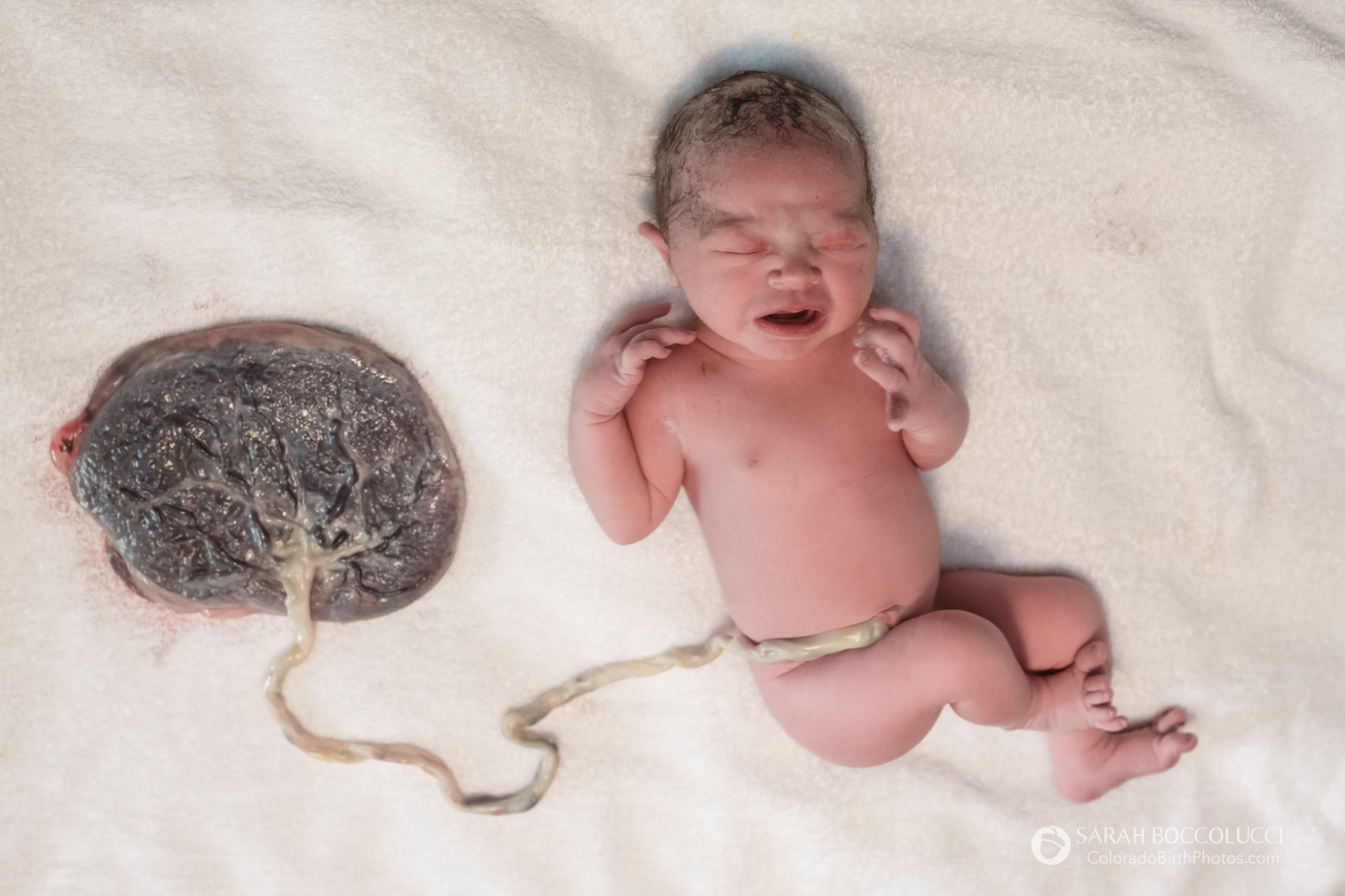 Source: bing.com
Source: bing.comWhen a woman is pregnant, the placenta is an important part of the process. It is the organ that connects the fetus to the mother’s uterus, allowing the exchange of nutrients, oxygen, and waste products between the two. But when does baby placenta develop? Let’s take a closer look.
Table of Contents
What is the Placenta?
The placenta is a temporary organ that develops during pregnancy. It is attached to the uterine wall and connects to the fetus via the umbilical cord. The placenta is responsible for supplying the fetus with nutrients, oxygen, and hormones, as well as removing waste products. It also serves as a barrier, protecting the fetus from harmful substances.
When Does Baby Placenta Develop?
The placenta starts to develop as soon as the fertilized egg implants in the uterus, which usually happens about 6-10 days after conception. At this point, the placenta is just a small group of cells that will continue to grow and multiply as the pregnancy progresses. By the end of the first trimester (around 12 weeks), the placenta is fully formed and functioning.
It’s important to note that the development of the placenta is a complex process that can be influenced by various factors, such as the mother’s health and lifestyle habits. For example, smoking during pregnancy can lead to a smaller and less efficient placenta, which can have negative effects on fetal growth and development.
Functions of the Placenta
As mentioned earlier, the placenta plays several vital roles during pregnancy. Here are some of its main functions:
- Supplying the fetus with oxygen and nutrients from the mother’s bloodstream.
- Removing waste products from the fetal bloodstream.
- Producing hormones that help maintain the pregnancy and prepare the mother’s body for birth.
- Serving as a barrier against harmful substances, such as bacteria, viruses, and some drugs.
Placenta Previa
In some cases, the placenta may implant in the lower part of the uterus, partially or completely covering the cervix. This is known as placenta previa and can cause complications during pregnancy and delivery. Women with placenta previa may experience vaginal bleeding, which can be severe and require immediate medical attention. Depending on the severity of the condition, the baby may need to be delivered via cesarean section.
Conclusion
To sum up, the baby placenta develops soon after conception and is fully formed and functioning by the end of the first trimester. It plays a crucial role in supplying the fetus with nutrients and oxygen, removing waste products, and protecting against harmful substances. Maintaining a healthy lifestyle during pregnancy can help ensure the placenta functions properly, while conditions like placenta previa require close monitoring and medical intervention.
Frequently Asked Questions
Q: Can problems with the placenta affect the baby?
A: Yes, problems with the placenta can have negative effects on fetal growth and development, as well as increase the risk of complications during pregnancy and delivery.
Q: How can I ensure my placenta functions properly during pregnancy?
A: Maintaining a healthy lifestyle, including eating a balanced diet, staying active, getting adequate rest, and avoiding harmful substances like alcohol and tobacco, can help ensure the placenta functions properly.
Q: What is placenta previa and how is it treated?
A: Placenta previa is a condition where the placenta implants in the lower part of the uterus, partially or completely covering the cervix. It can cause vaginal bleeding and may require delivery via cesarean section, depending on the severity of the condition.
Q: Can the placenta be tested during pregnancy?
A: Yes, there are several tests that can be done to assess the health and function of the placenta, including ultrasound, doppler flow studies, and amniocentesis.
Q: What happens to the placenta after birth?
A: After the baby is born, the placenta is delivered as well, usually within a few minutes. This is known as the third stage of labor. In some cases, the placenta may need to be manually removed if it does not come out on its own.
